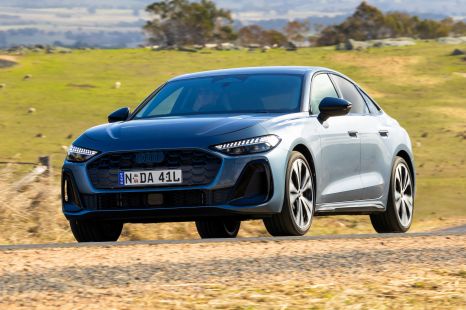

James Wong
2025 Audi A5 Sedan TFSI 150kW review
5 Days Ago
The Coalition wants electric vehicle owners to pay their fair share in terms of road maintenance, but it hasn't provided clarity on how it will do this.

News Editor
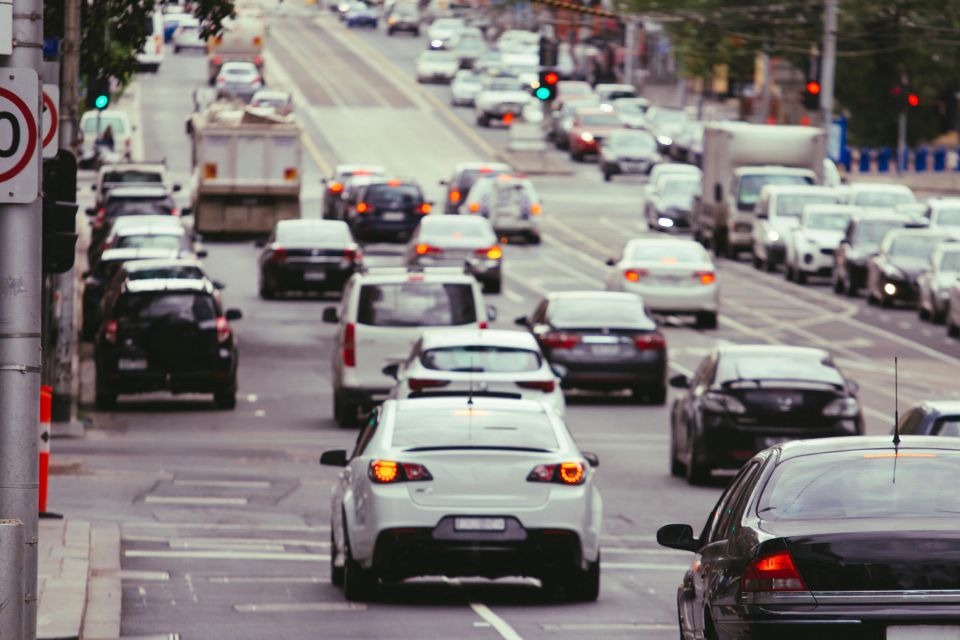

News Editor
The Coalition says that if it wins the federal election next month it will look at implementing a road user charge for electric vehicles (EVs), but promises it won’t introduce any new taxes.
Opposition transport spokesperson Bridget McKenzie told the ABC’s Insiders program that EV owners are currently “driving for free” and said they’ll need to pay towards road maintenance as owners of combustion-powered vehicles do via the fuel excise.
However, in a back-on-forth on the ABC program, Senator McKenzie wouldn’t confirm how such a scheme would be implemented and operated.
The federal election will be held on Saturday, May 3. Both the Coalition and Labor are set to announce their costings before then.
Hundreds of new car deals are available through CarExpert right now. Get the experts on your side and score a great deal. Browse now.
When asked whether the Coalition would introduce a road user charge, as had previously been introduced by states like Victoria, Senator McKenzie said: “We’re not proposing any new taxes under a Dutton-Littleproud government, that’s very clear.”
“What we’ve made very clear is everyone who uses our roads should contribute to actually making sure they’re maintained to the proper standard.”
She criticised the Victorian government’s introduction of a road user charge for EVs and plug-in hybrids (PHEVs), which was struck down by the High Court of Australia in 2023, and criticised the incumbent federal Labor government for its lack of action following the ruling.
When asked again in the interview whether the Coalition would impose a road user charge, Senator McKenzie said: “We’re going to make sure that everyone who is using the roads contributes to the funding.
“I think when we get into government, that’s something we’ll have to look at.
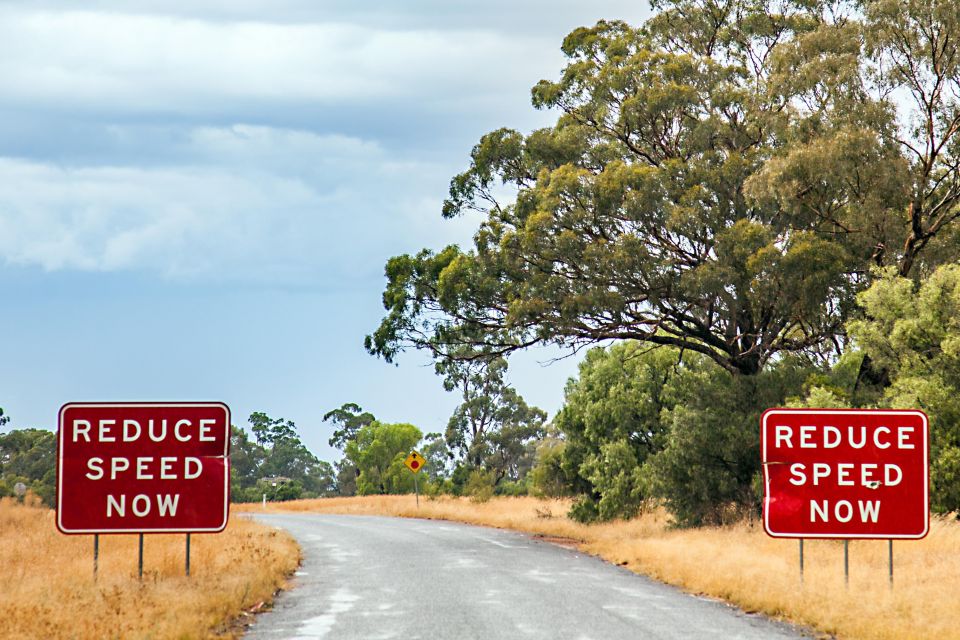
“What the Labor Party is expecting is low- and middle-income earners in [outer urban] seats like McEwen, seats like Hawke, in Bendigo… they’re effectively subsidising wealthier individuals in Kooyong, in Brighton and other areas who can afford to pay for an EV. We don’t think that’s fair.”
Senator McKenzie said it was a “pretty simple concept of equity” that EV owners should contribute to road maintenance as motorists in combustion-powered vehicles do via paying the fuel excise.
According to the Australian Automobile Association, net fuel excise revenue received by the Australian Government in the 2023-24 financial year totalled $15.71 billion.
As demand for more fuel-efficient vehicles – or indeed, for EVs – continues to grow, this lucrative stream of revenue threatens to shrink.
A significant portion of excise revenue goes to road maintenance.
“A universal, mass x distance road user charge is a straightforward and fair way to address the costs associated with road use,” Australian Electric Vehicle Association (AEVA) chief Dr Chris Jones said in a statement, noting it should take into account vehicle weight and not single out EVs.
“It should apply to all vehicles, particularly trucks, as they’re responsible for the bulk of road damage.”
The AEVA says this universal road user charge would need to be led by the federal government and administered through state and territory transport departments, with revenue redistributed proportionally for road maintenance.
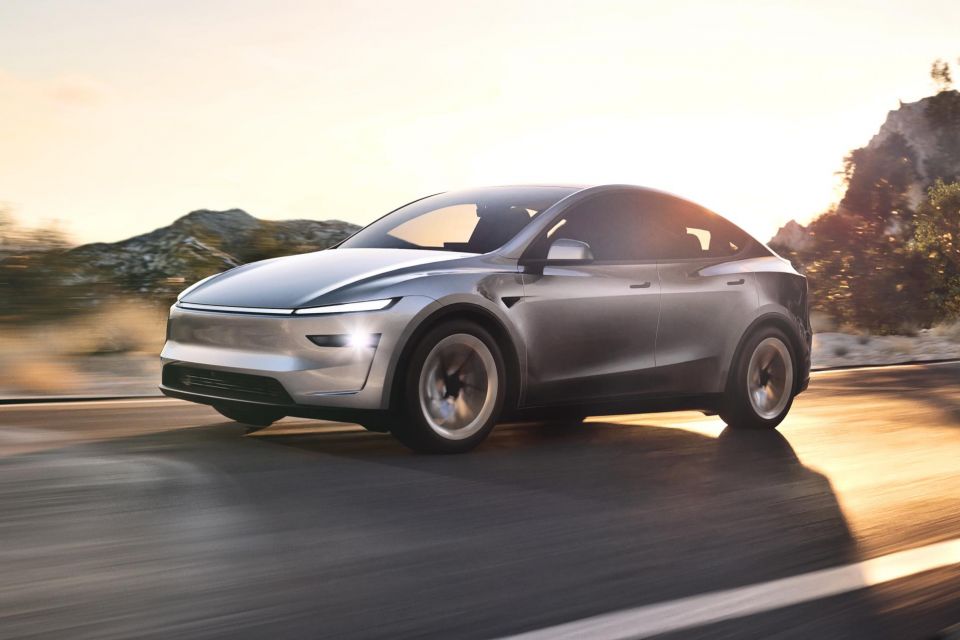
Victoria introduced its Zero and Low Emission Vehicle (ZLEV) charge on July 1, 2021 to help fund road maintenance. This saw EV and PHEV owners charged an amount per kilometre
At the time of it being struck down by the High Court in October 2023, these fees sat at 2.8c/km for EVs and 2.3c/km for PHEVs. Owners were expected to self-report their mileage.
The court deemed Victoria’s road user charge was an excise and therefore invalid under the Constitution, which says only the Commonwealth Parliament, not the states and territories, can “impose duties of customs and excise”.
The ruling saw New South Wales and Western Australia scrap their plans for a similar charge; South Australia had already dropped its plans following a change in government.
In addition to some kind of charge for EV owners, the Coalition is also taking to the election a plan to scrap the fringe benefits tax (FBT) exemption for EVs.
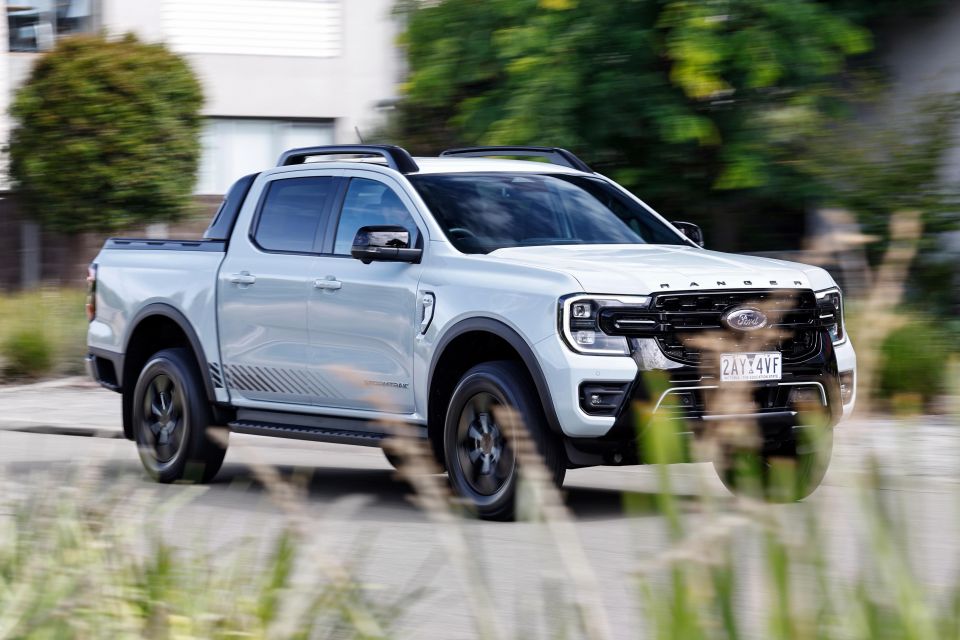
Senator McKenzie also said the Coalition had been “really clear” that it didn’t agree with the exemption, introduced by the current Labor government.
Opposition Leader Peter Dutton had appeared to back-flip on the future of the exemption earlier this month, initially suggesting it could stay.
The Coalition subsequently announced it would remove the subsidies and save “upwards of $3 billion over the forward estimates and $23 billion over the medium term”.
Mr Dutton has also pledged to scrap penalties under the New Vehicle Efficiency Standard (NVES), which it’s calling “Labor’s tax on family cars and utes”.
MORE: Coalition pledges to scrap EV incentives after all MORE: Peter Dutton to kill new vehicle emissions penalties if elected
William Stopford is an automotive journalist based in Brisbane, Australia. William is a Business/Journalism graduate from the Queensland University of Technology who loves to travel, briefly lived in the US, and has a particular interest in the American car industry.


James Wong
5 Days Ago
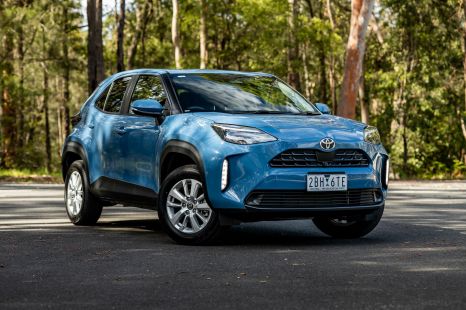

Matt Campbell
4 Days Ago
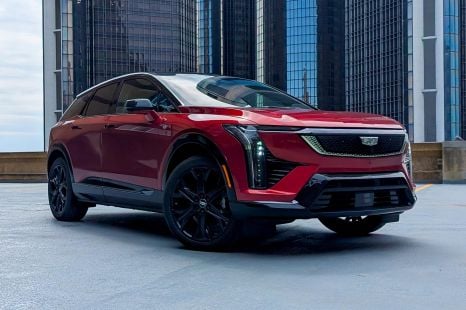

William Stopford
2 Days Ago
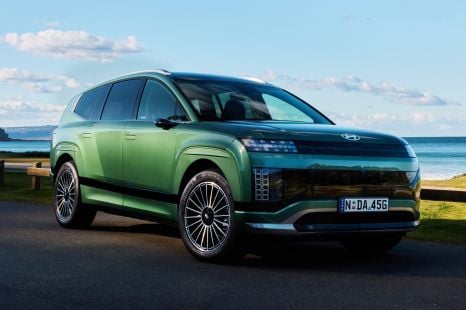

Josh Nevett
1 Day Ago
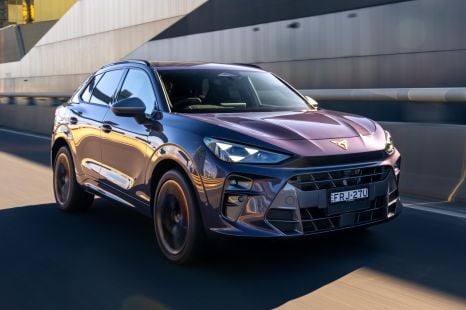

James Wong
1 Day Ago
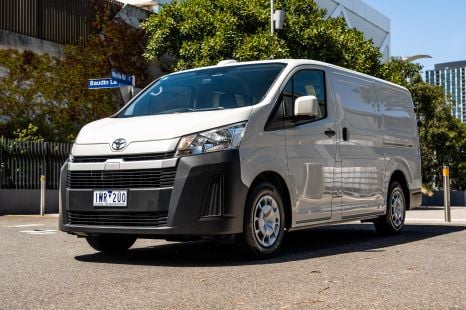

Max Davies
24 Hours Ago